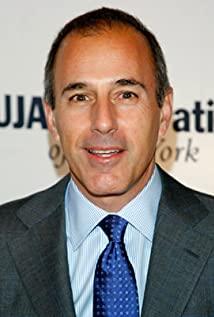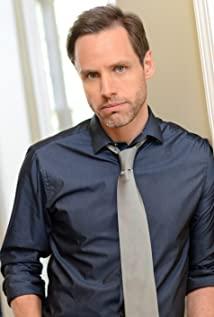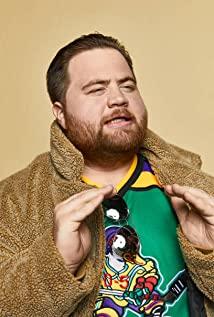She started skating at the age of 4, but for her 4-year-old daughter, Lavona discouraged and praised her, instead she beat and criticized her. She didn't even allow her daughter to go to the bathroom and let her hold her urine for training. Think of "Wrestling! Dad", but the plot trend can be said to be completely opposite. Unlike the fatherly love shown by Aamir Khan, Lavona has risen to the category of abuse. She often beats her daughter and even swears at her daughter. Lavona's reasoning: Tanya skates better when she's angry, and if she doesn't hit her with something like "you can't", she really can't do it, even when Lavona is Before my daughter's competition, she would hire someone to spray her to "encourage" her. The first time I saw this clip, I found it humorous, and the second time I saw it, I felt heartbroken and helpless. Tanya grew up with beatings and scolding. No matter how well she behaved, the mother was never satisfied. Tanya stepped down from a hero to the end of the altar, and she worked hard all her life without success in the end. On the surface, it seems that she is not feminist, but the core is incomparable feminism. In the past feminist movies, the heroine often achieved success after struggling. It's called "Fulfill Your Wish"; Tanya spent 20 years practicing skating, but ended up with a lifetime ban. This is a "failure", but if you don't let me skate, I'll go to boxing, Tanya has been defeated and defeated again and again. After repeated defeats and battles, we are determined, and the more we fail, the more courageous we become. Compared with "getting your wish", her "failure" and the ending of her stepping down from the altar make her efforts even more valuable. If she has a silver lining, she has to work a hundred times harder, and nothing can defeat her. No one could make her give up except herself.
View more about I, Tonya reviews











